Mathematical reasoning Normal Math Worksheets for Ages 3-7
15 filtered results
-
From - To
Our "Mathematical Reasoning Normal Math Worksheets for Ages 3-7" are designed to nurture young minds through engaging and age-appropriate activities. These worksheets cover fundamental skills, including pattern recognition, shape identification, and basic arithmetic. Each sheet promotes critical thinking and problem-solving abilities, laying a robust foundation for future math success. Ideal for preschoolers and early elementary students, these resources support gradual, confidence-building learning. Through consistent practice, children develop essential mathematical reasoning skills, setting them up for lifelong learning and academic achievement. Start your child’s math journey with our expertly crafted worksheets, designed to make learning fun and effective.
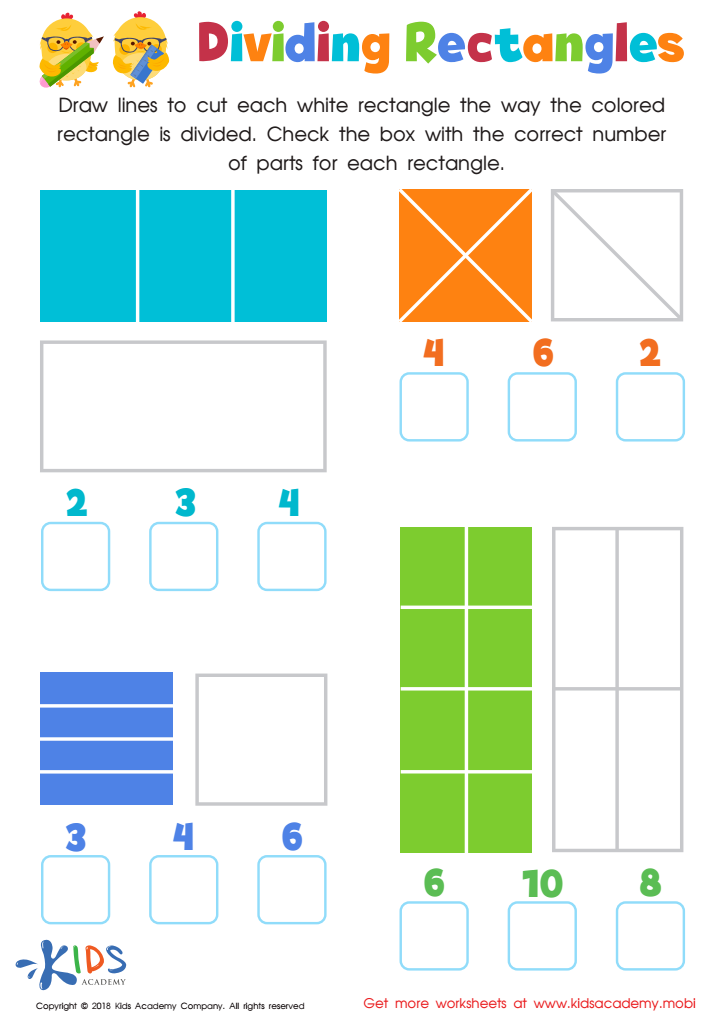

Dividing Rectangles Worksheet
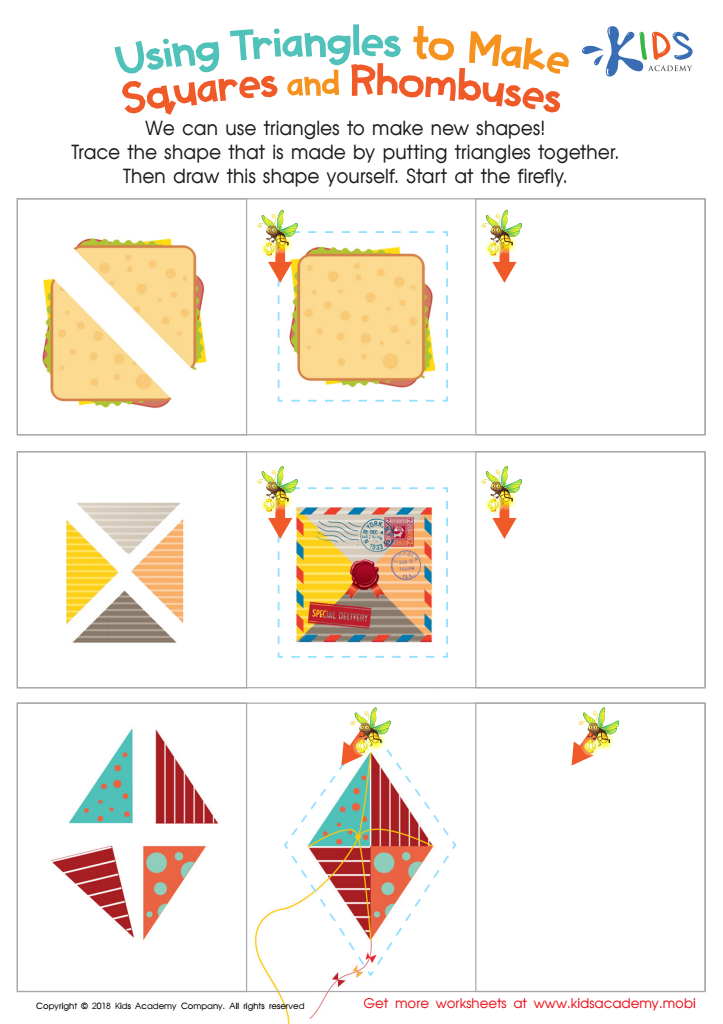

Using Triangles to Make Squares and Rhombuses Worksheet


Tricky Problems Worksheet: Part 1


A Crocodile's Teeth Worksheet


7 Continents and 7 Seas Worksheet
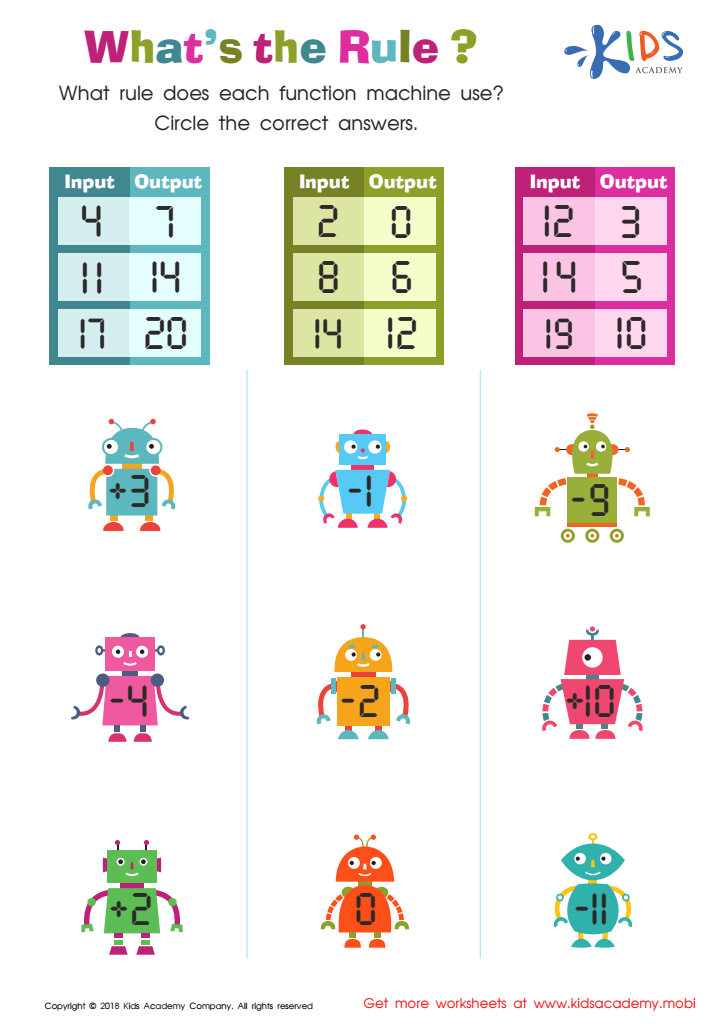

What's the Rule Worksheet
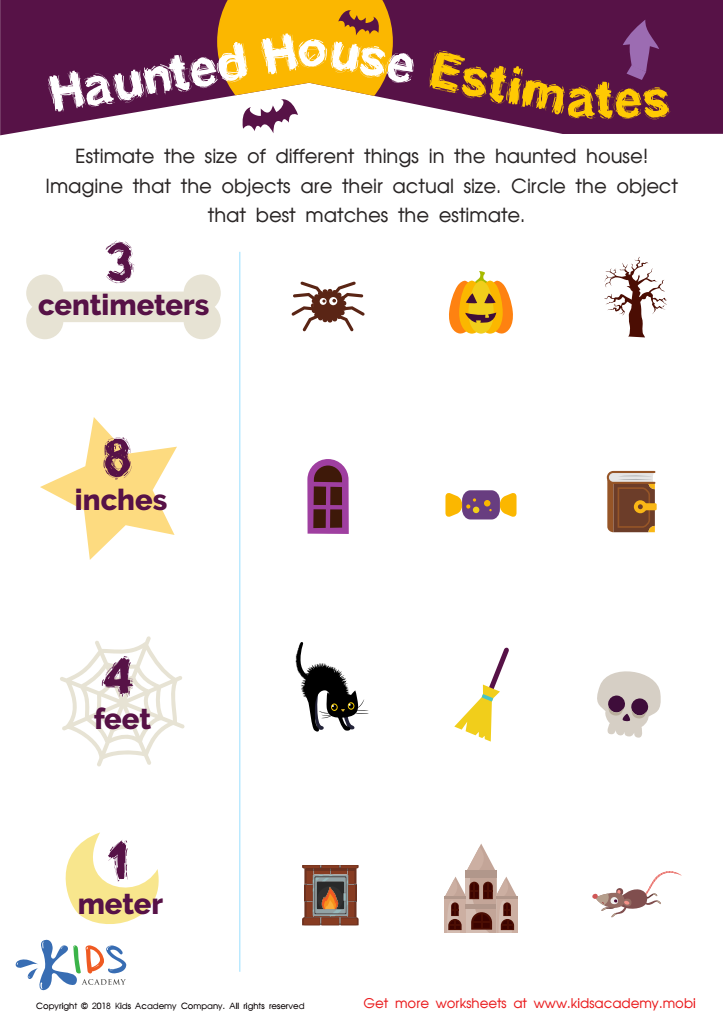

Haunted House Estimates Worksheet
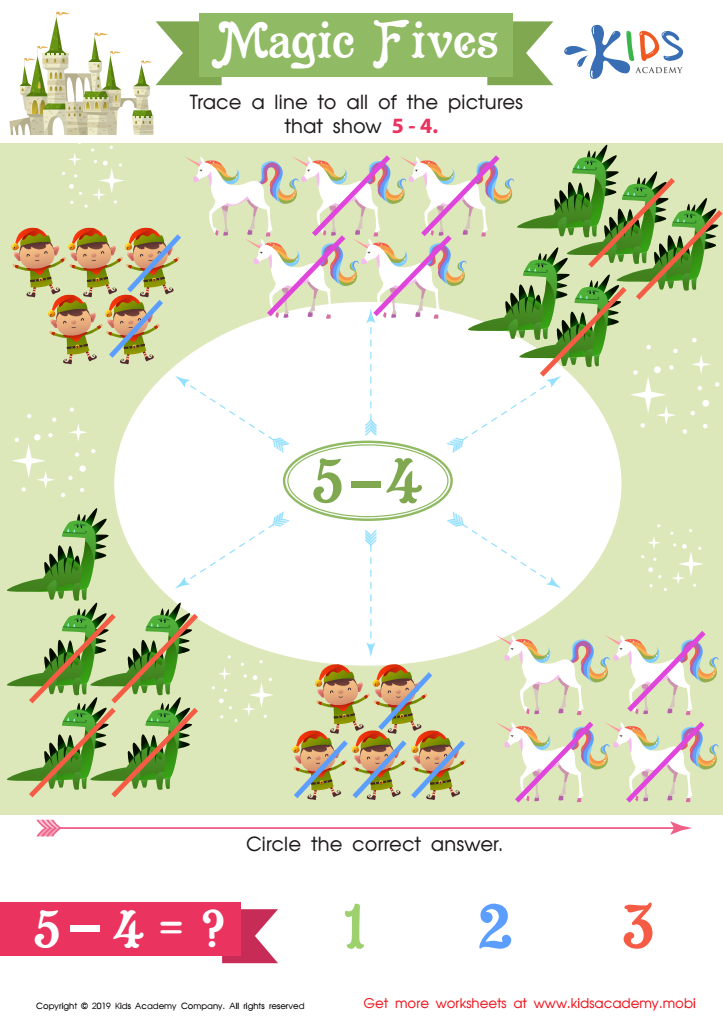

Magic Fives Worksheet
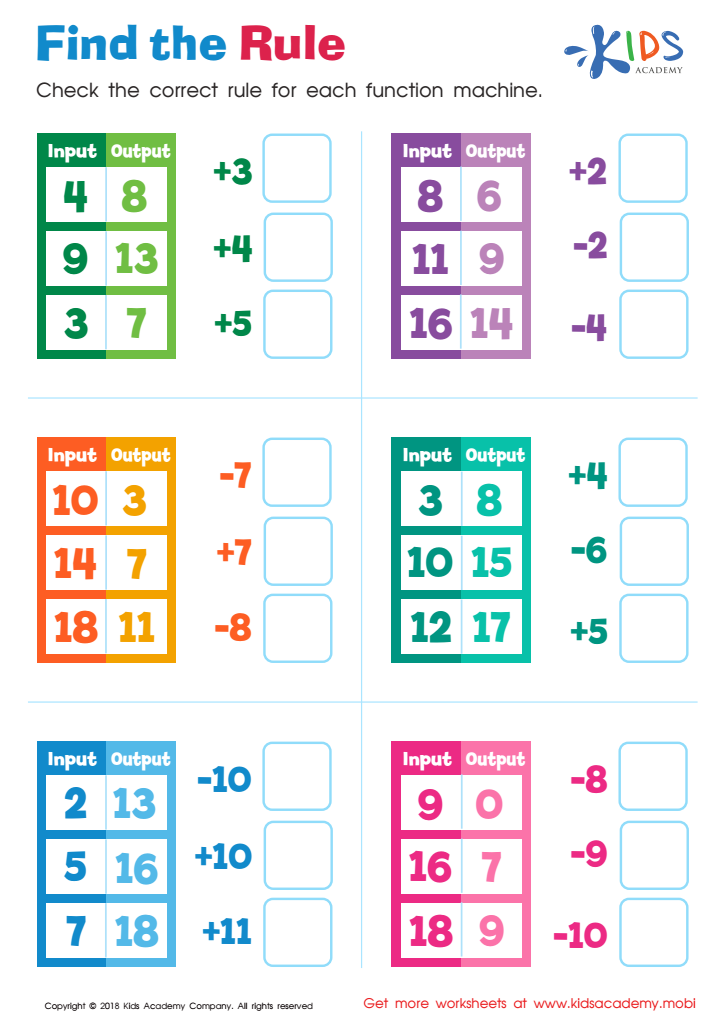

Find the Rule Worksheet
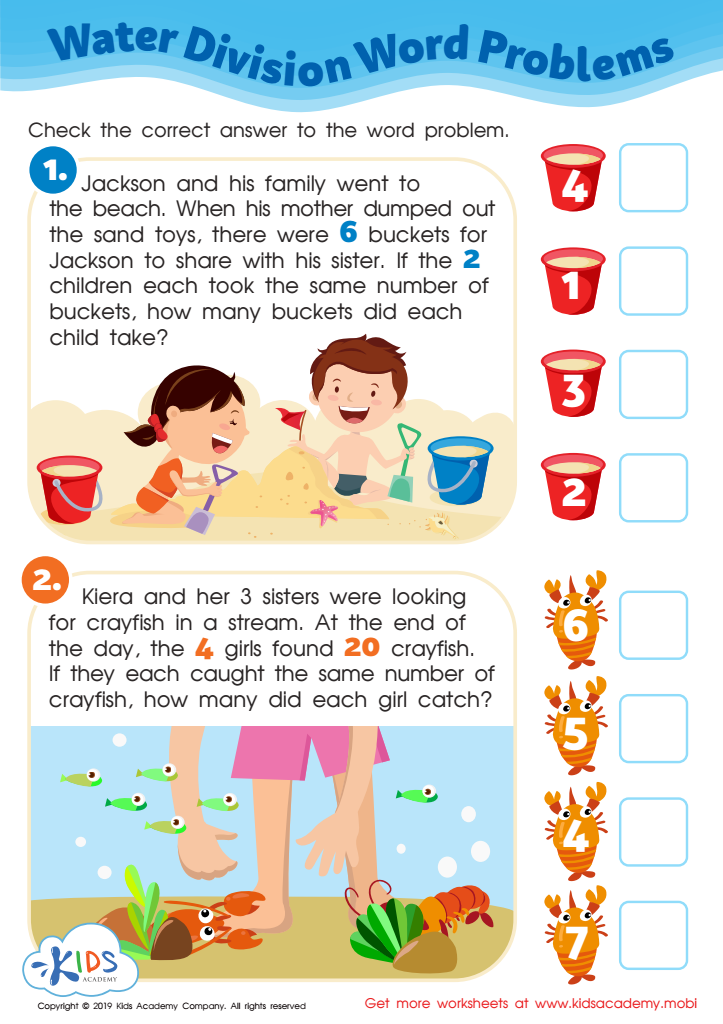

Water Division Word Problems Worksheet
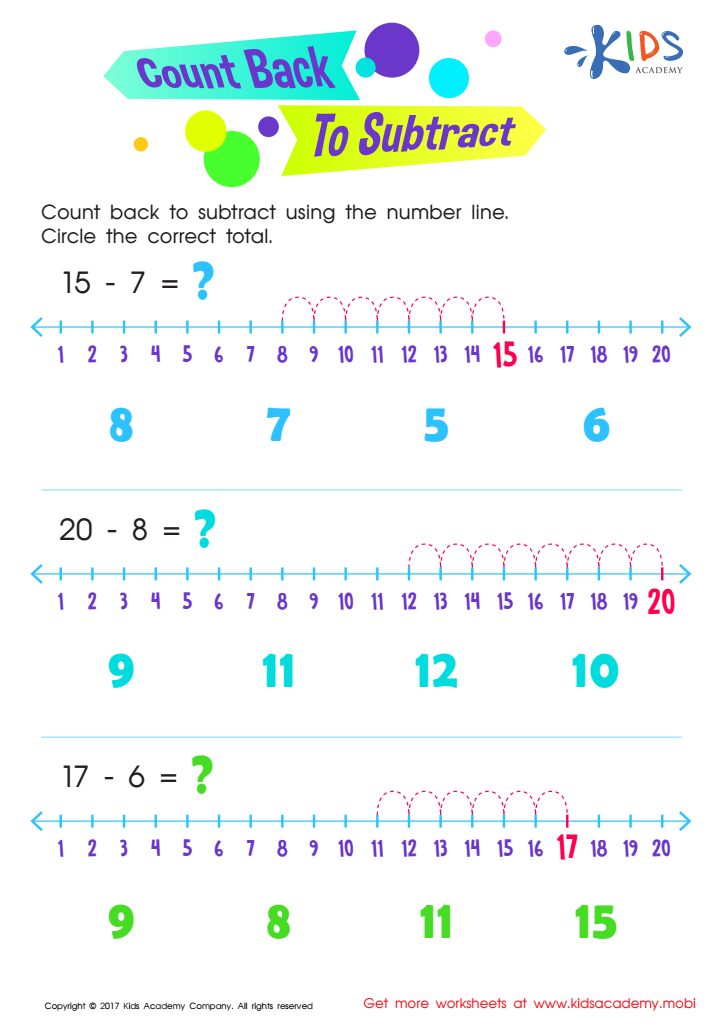

Count Back to Subtract Substraction Worksheet
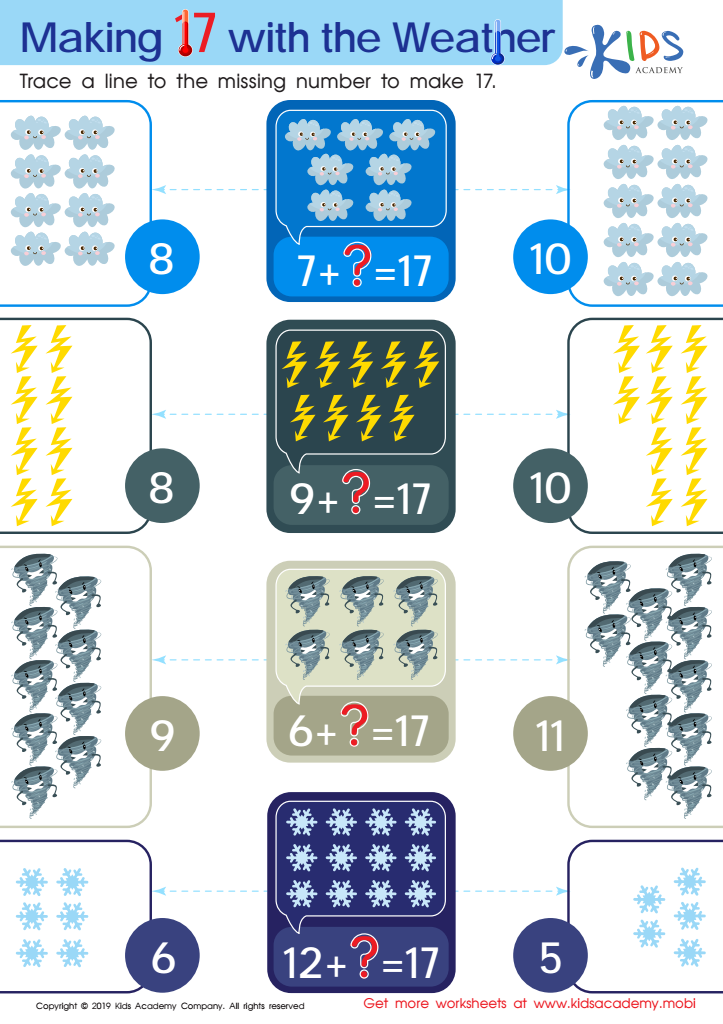

Making 17 with the Weather Worksheet
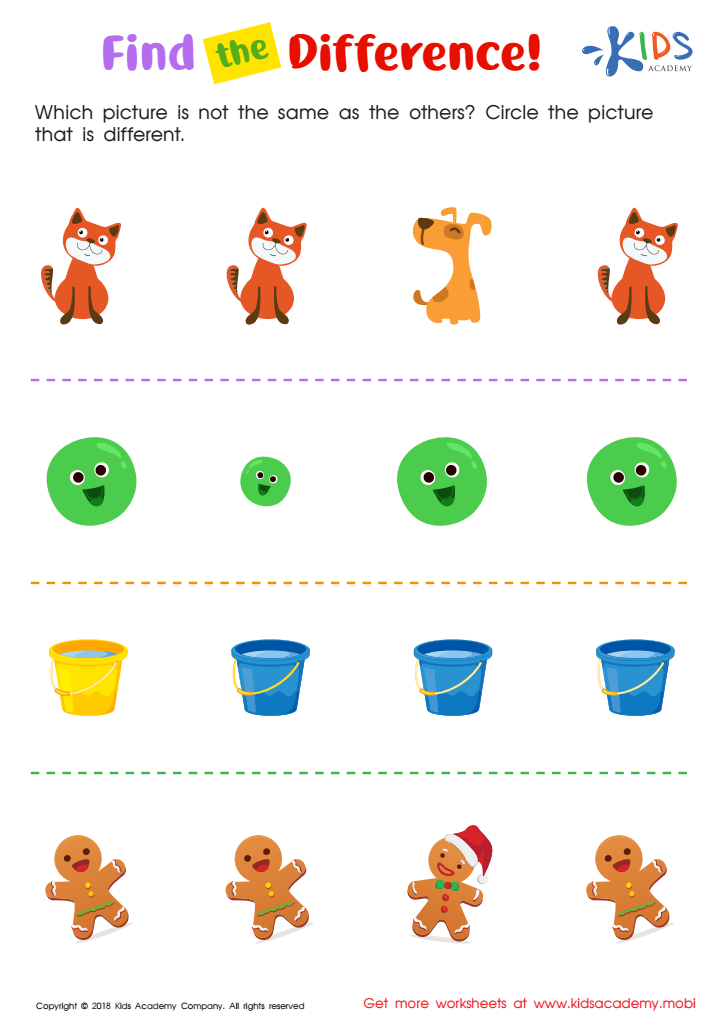

Find the Difference Worksheet
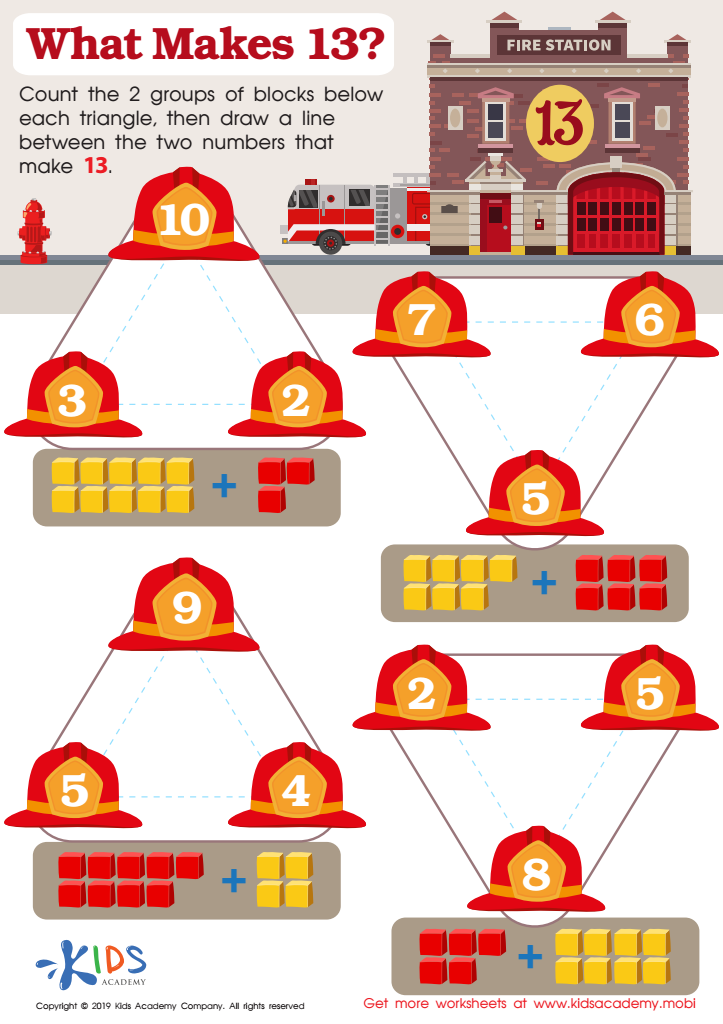

What Makes 13 Worksheet
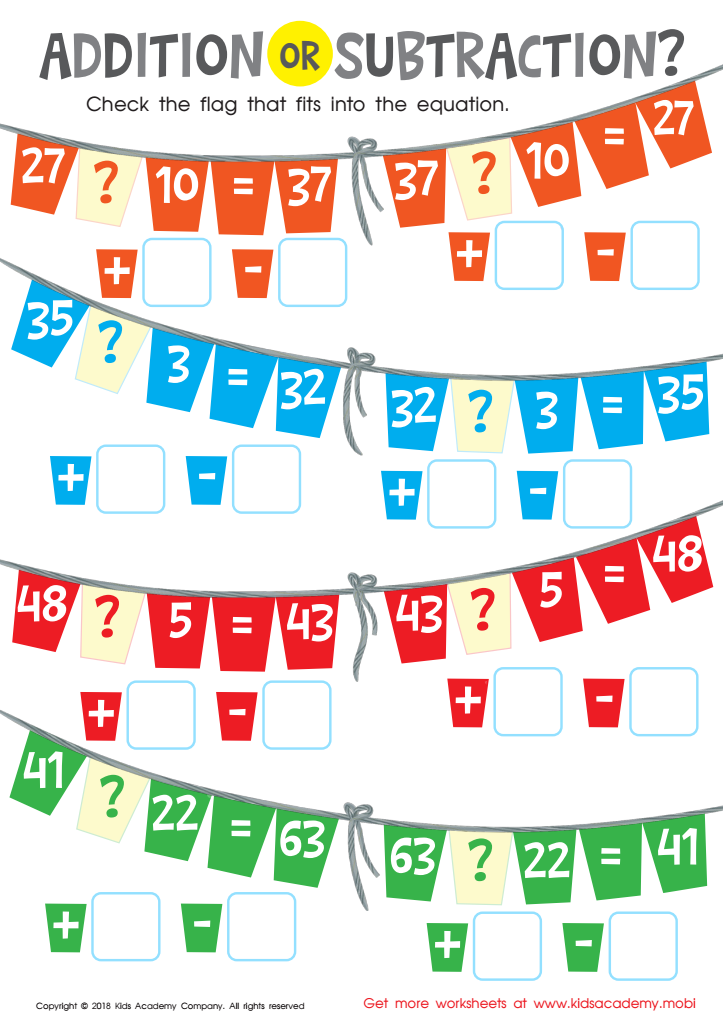

Addition or Subtraction? Worksheet
Mathematical reasoning is pivotal to a child's cognitive development, particularly between the ages of 3 to 7 when their brains are highly receptive. Introducing mathematical concepts at this stage lays a strong foundation for future academic success and everyday problem-solving skills. This age range is critical as children are rapidly developing their ability to understand patterns, relationships, and basic logic, all of which are key components of mathematical reasoning.
Parents and teachers play an essential role in fostering this development. They can provide a stimulating environment that encourages curiosity and exploration of maths through playful and engaging activities. Simple practices, such as counting objects, recognizing shapes, and understanding basic arithmetic, help cultivate a child's ability to think critically and reason mathematically.
Furthermore, early exposure to mathematical reasoning enhances a child’s self-confidence and enthusiasm for learning more complex concepts in the future. It equips them with skills that are transferable across various subjects and real-life situations, from following instructions to making informed decisions. By taking an active interest in nurturing mathematical abilities, parents and teachers ensure that children develop a positive attitude toward maths, which can lead to academic success and a lifelong appreciation for this essential field.
 Assign to My Students
Assign to My Students









.jpg)











